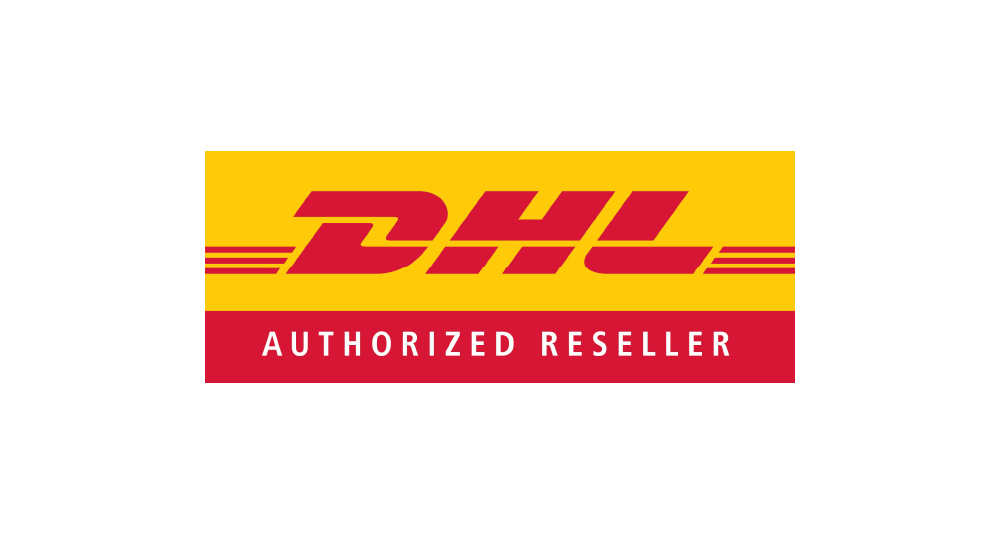Written by Phillip Poland, DHL Blog
Sometimes the most difficult part of negotiating an international contract is the language barrier. English is a second language for many of us and we do not all speak the same “English”. Wouldn’t it be great to cut through the English language barrier and reach common ground when negotiating international contracts? The solution is INCOTERMS® or “International Commercial Terms.”
INCOTERMS uses a series of three-letter, internationally recognized trade terms or rules, published by the International Chamber of Commerce (ICC), that communicate the responsibilities, costs, and risks of loss associated with international transportation and delivery of goods. However, it is important to remember that even though INCOTERMS defines the total contract, it does not address many aspects of commercial law such as export or import prohibitions, imposition of tariffs, intellectual property rights, force majeure, or methods of payment.
INCOTERMS rules are divided into two categories (all modes of transportation and water only) and four general types:
- “E” term (EXW) – The seller makes the goods available to the buyer at the seller’s premises or another place named by the seller.
- “F” terms (FAS & FOB) – The seller is responsible to deliver the goods to the export shipment point and carrier designated by the buyer.
- “C” terms (CFR, CIF) – The seller is responsible for contracting carriage of goods to the place of destination, but does not assume risk of loss for damage to the goods or additional costs due to events occurring after shipment.
- “D” terms (DDU & DDP) – The seller is responsible for all costs and risks associated with delivering goods to the named place in the country of destination.
The updated version, INCOTERMS 2020, places a greater emphasis on choosing the correct rule for your transaction. Additionally, the demarcation line and connection between the sale contract and its ancillary contracts has been clearly explained; “Guidance Notes” to each INCOTERMS rule are now presented as “Explanatory Notes”; and the ICC has reordered the rules for each term to give delivery and risk more prominence.
INCOTERMS 2020 added other significant changes including: assigning different levels of insurance to cover in CIF and CIP, removing the term DAT and replacing it with DPU, changing to FCA to make it more applicable for ocean shipments, and changing the bill of lading rules. Lastly, there is an inclusion of security-related requirements within carriage — obligations and costs that take into consideration WCO SAFE Framework programs around the world such as PIP, C-TPAT, and AEO.
Used correctly, INCOTERMS 2020 is a series of standardized commercial terms that make assigning responsibility and risk of loss in an international contract much easier.
Source: DHL Blog




